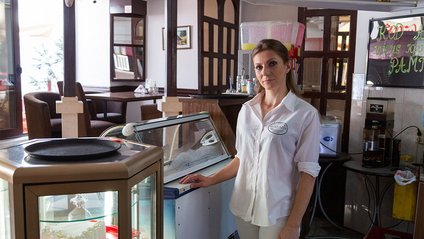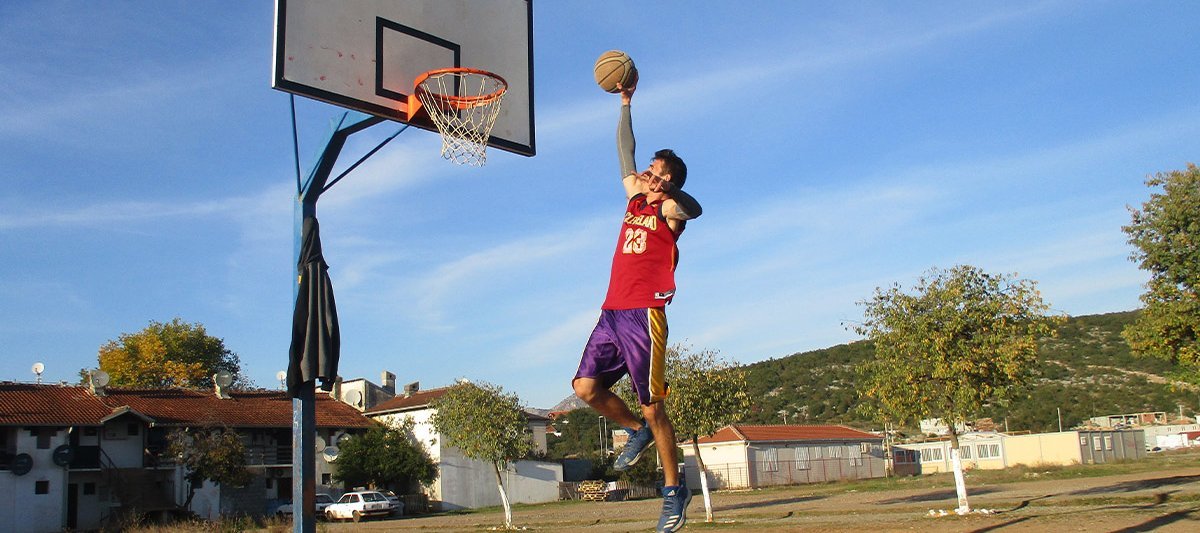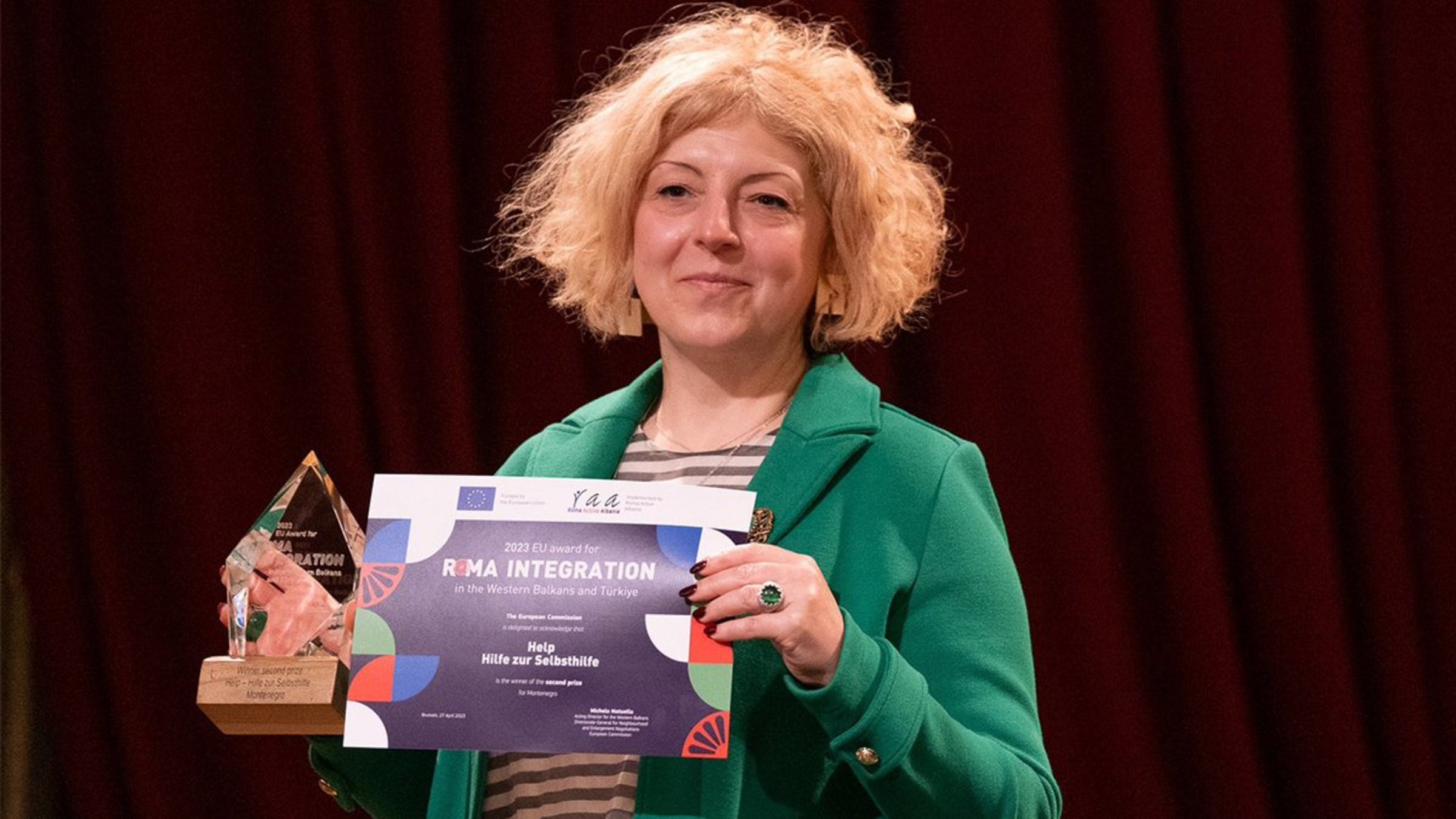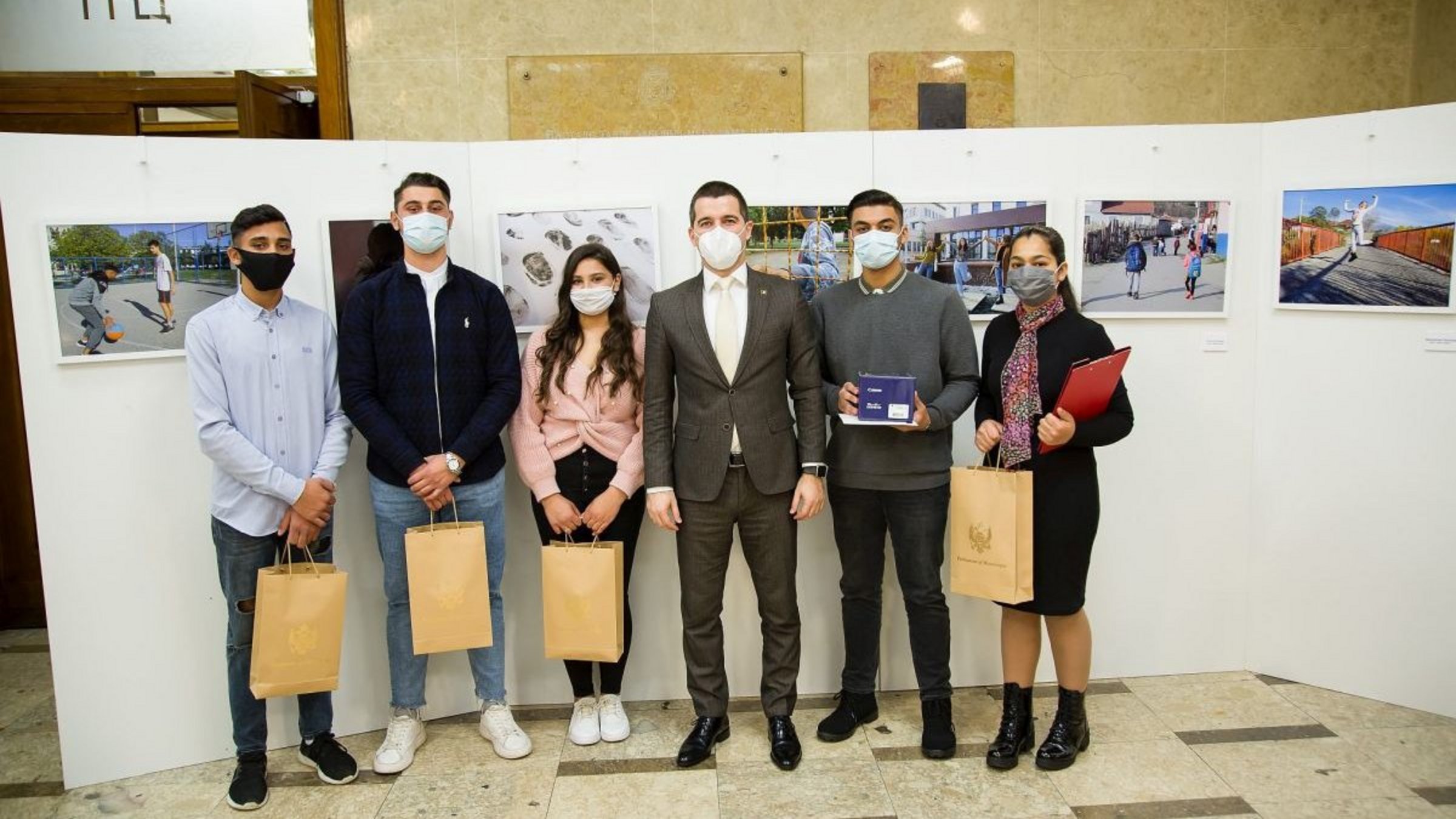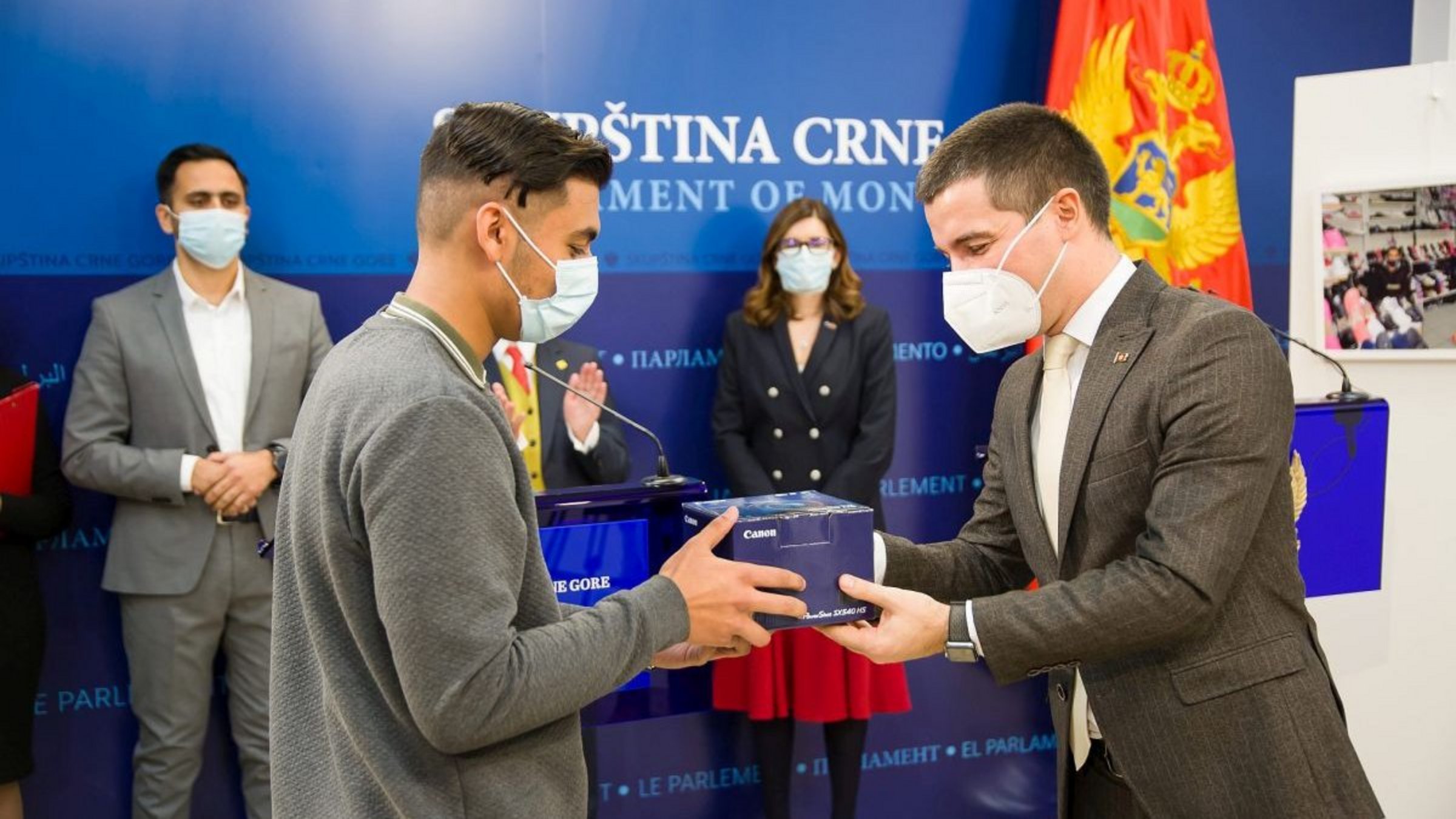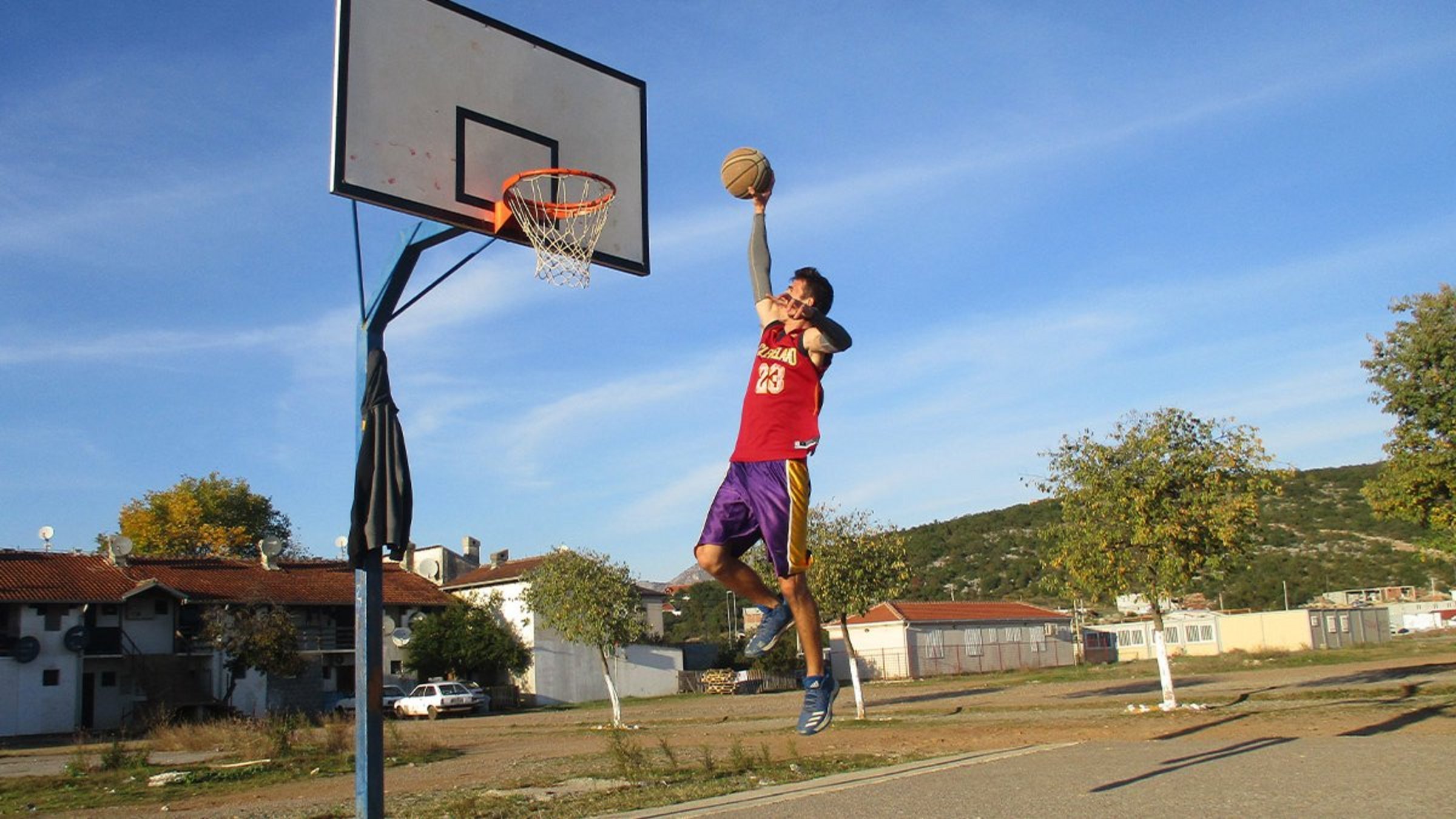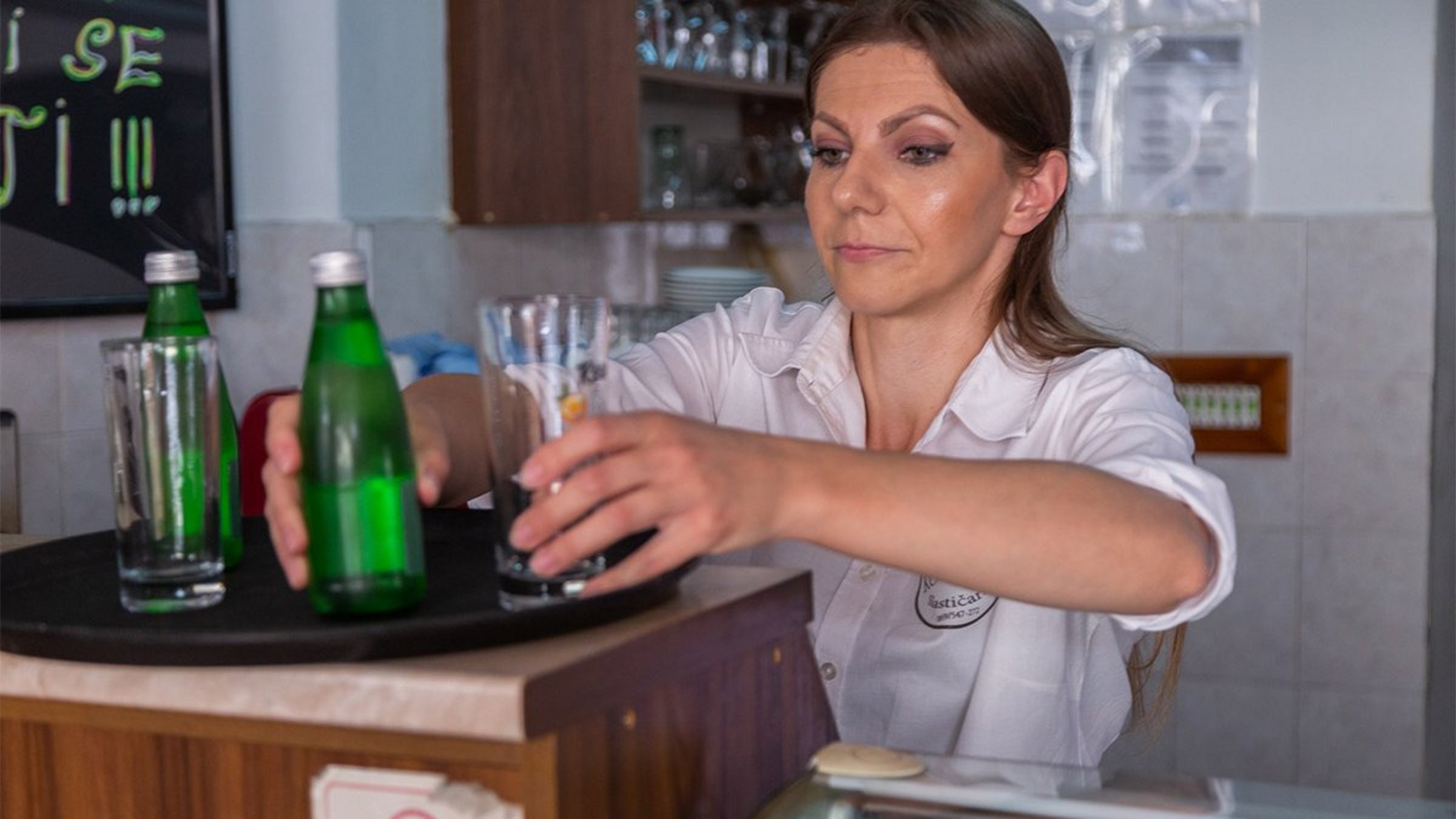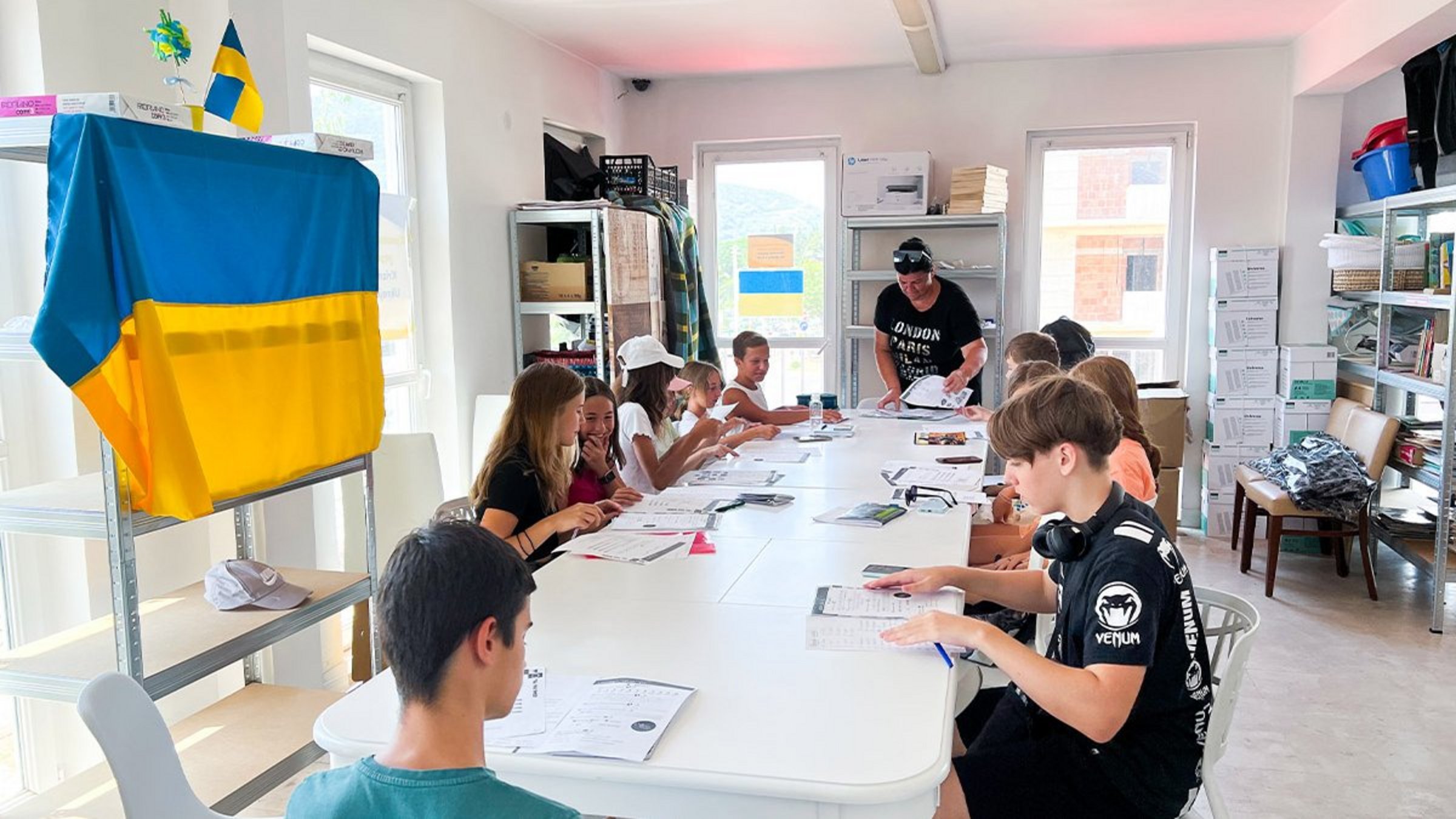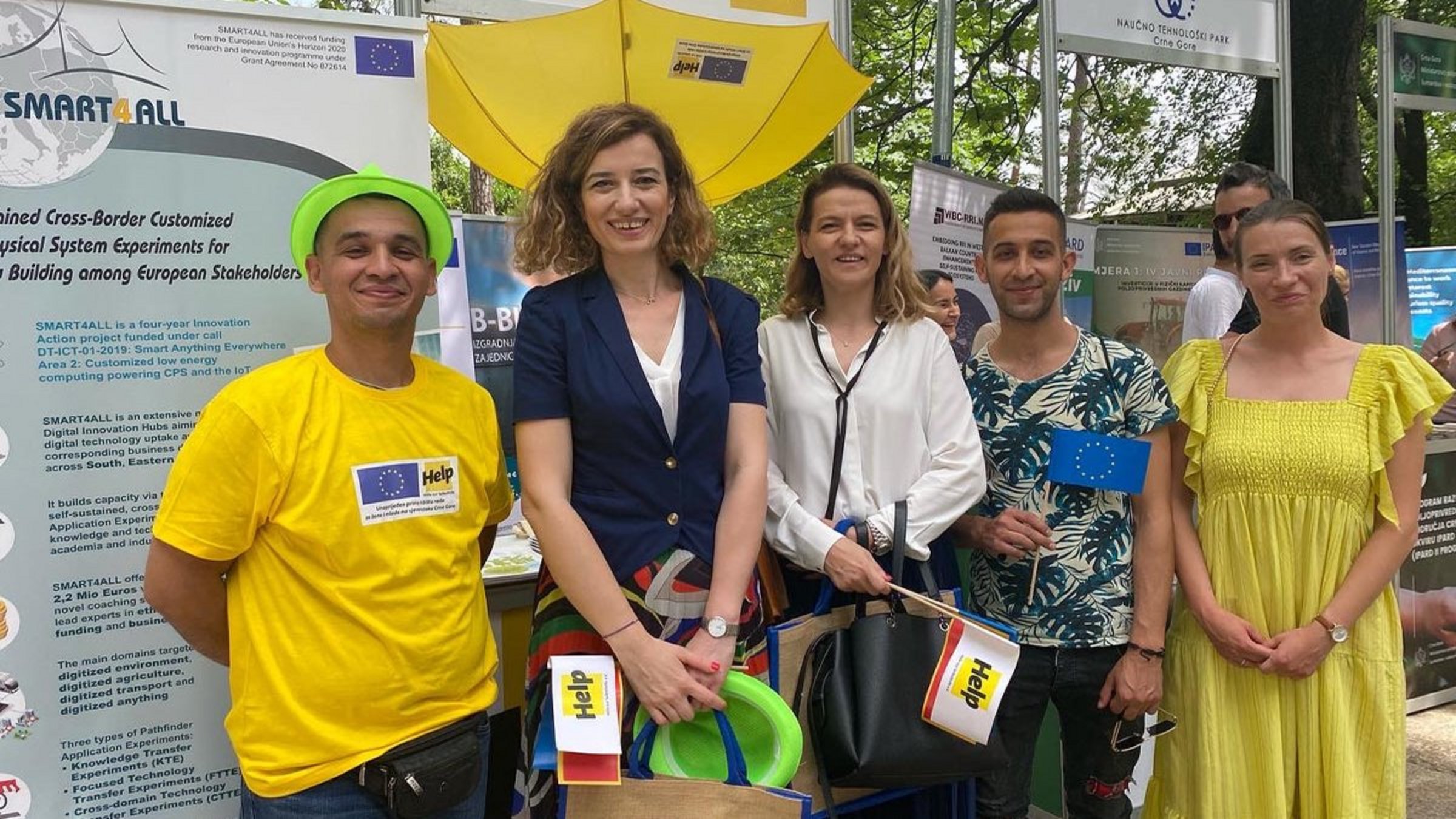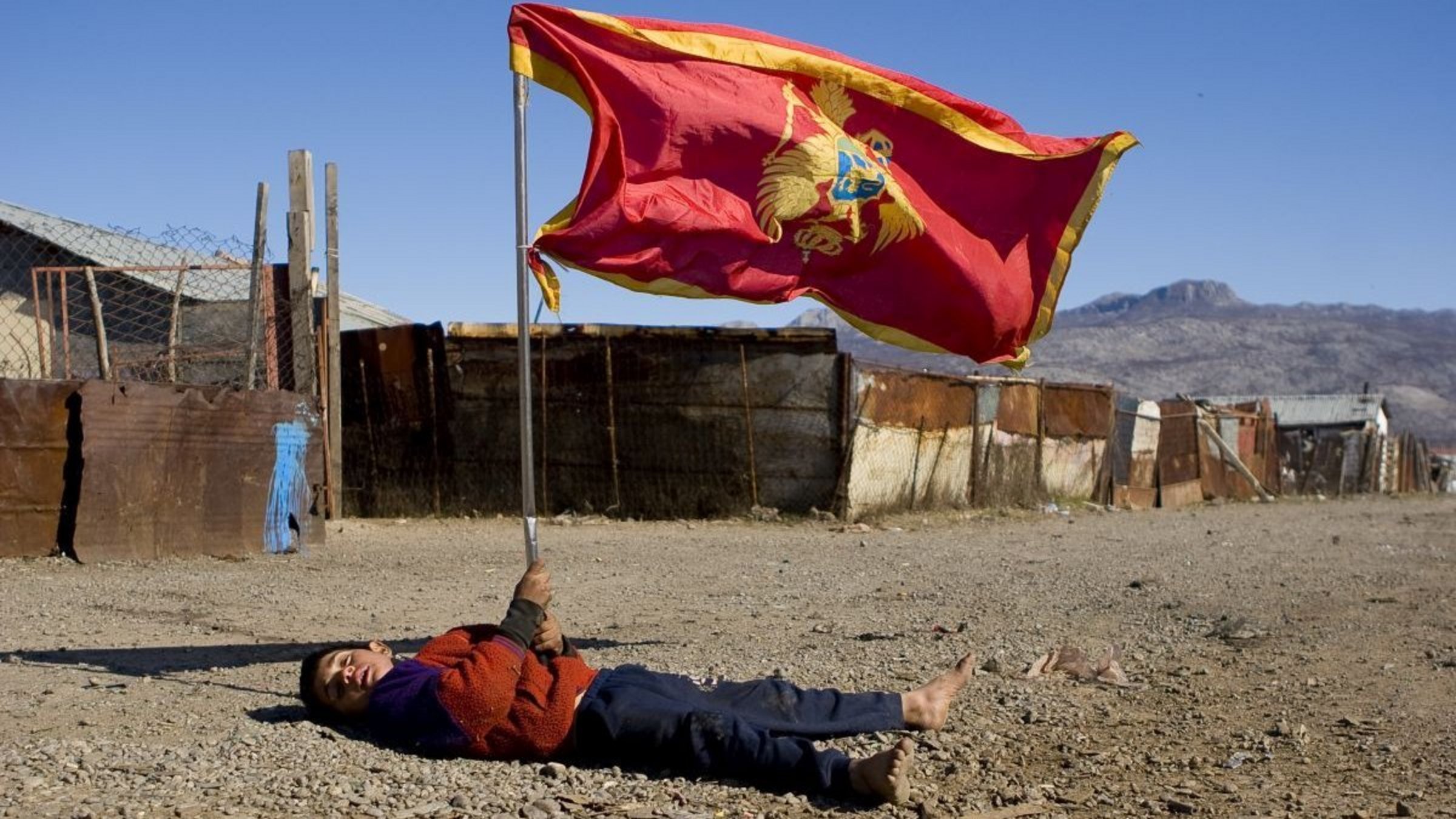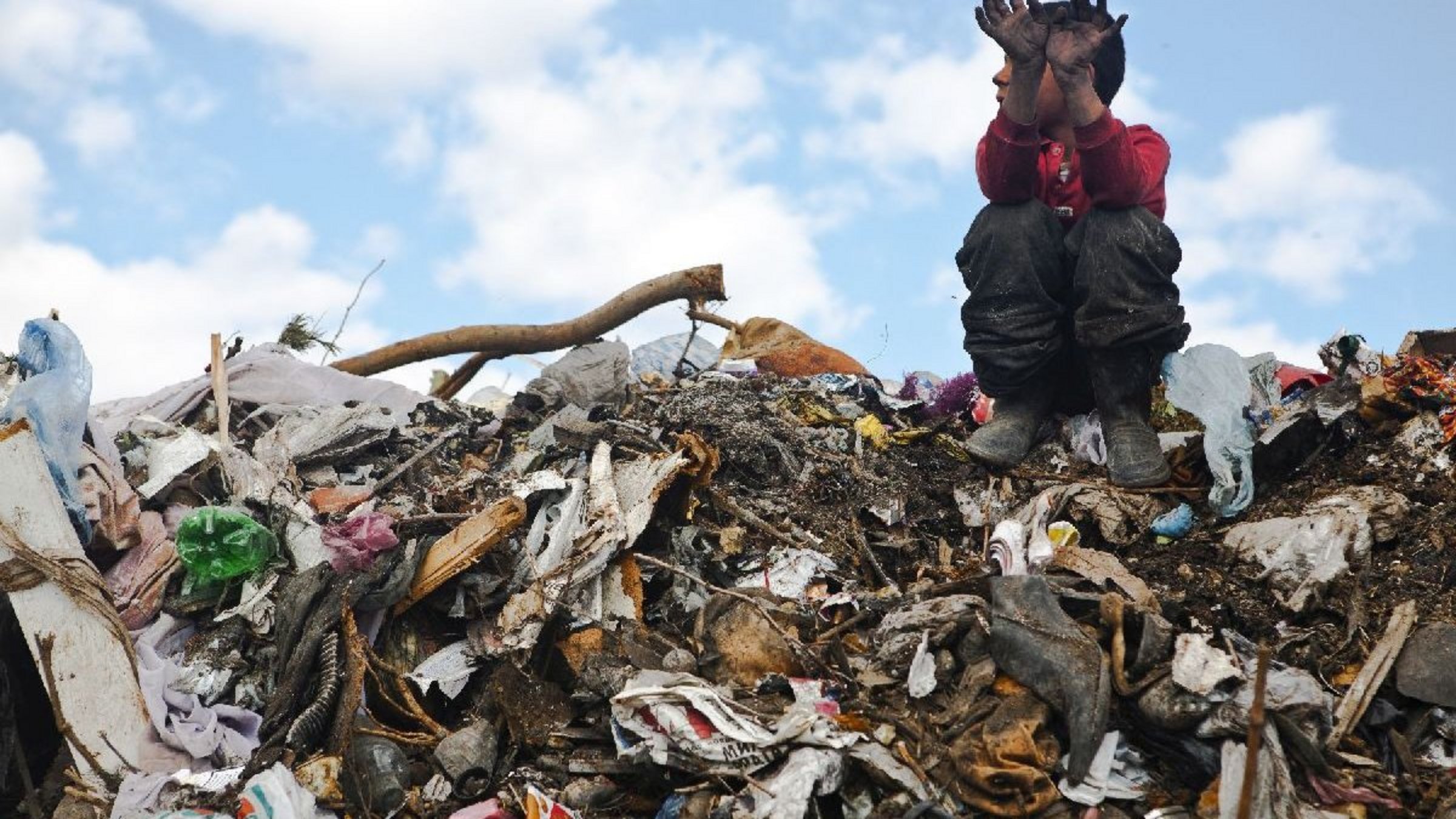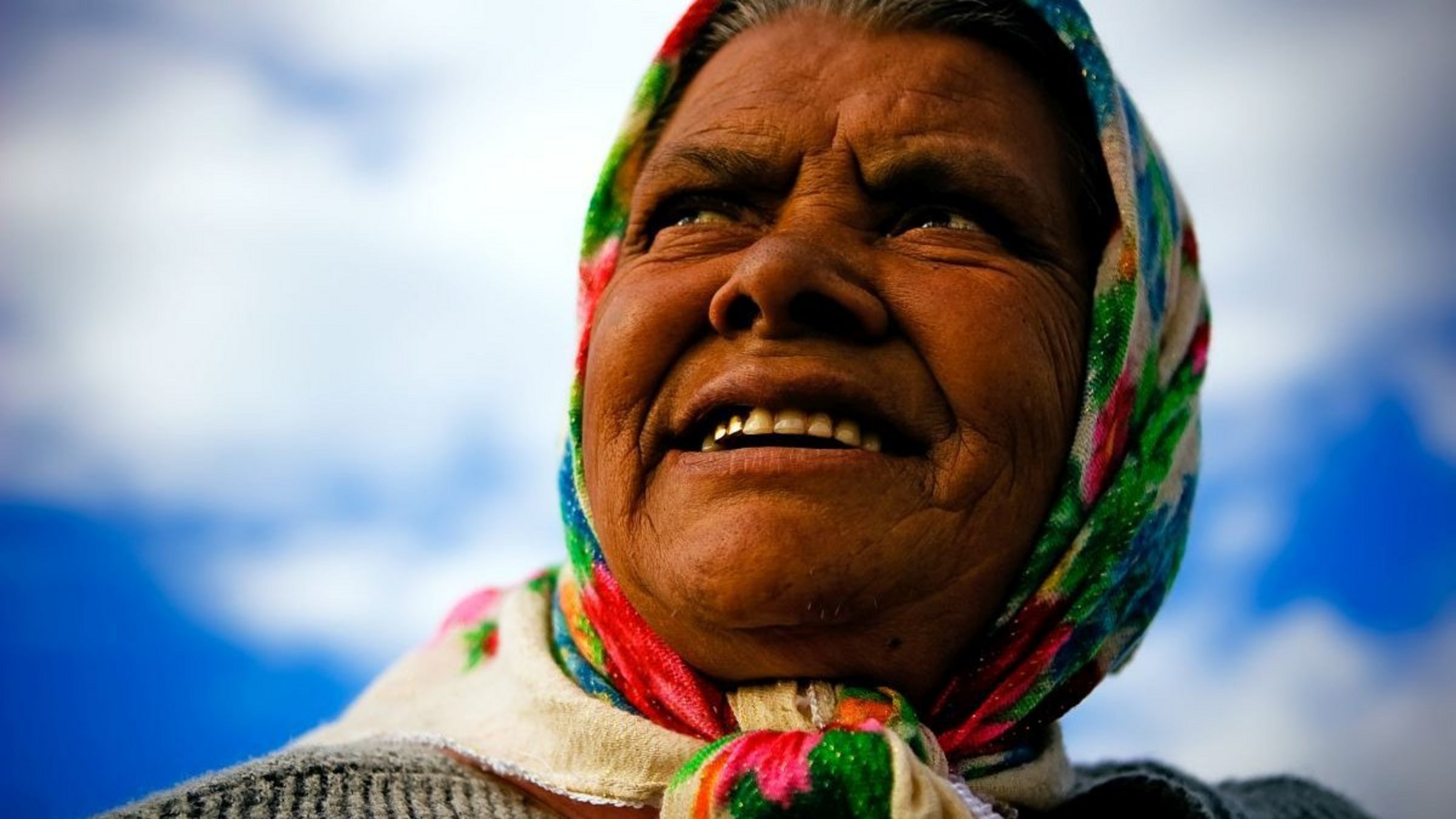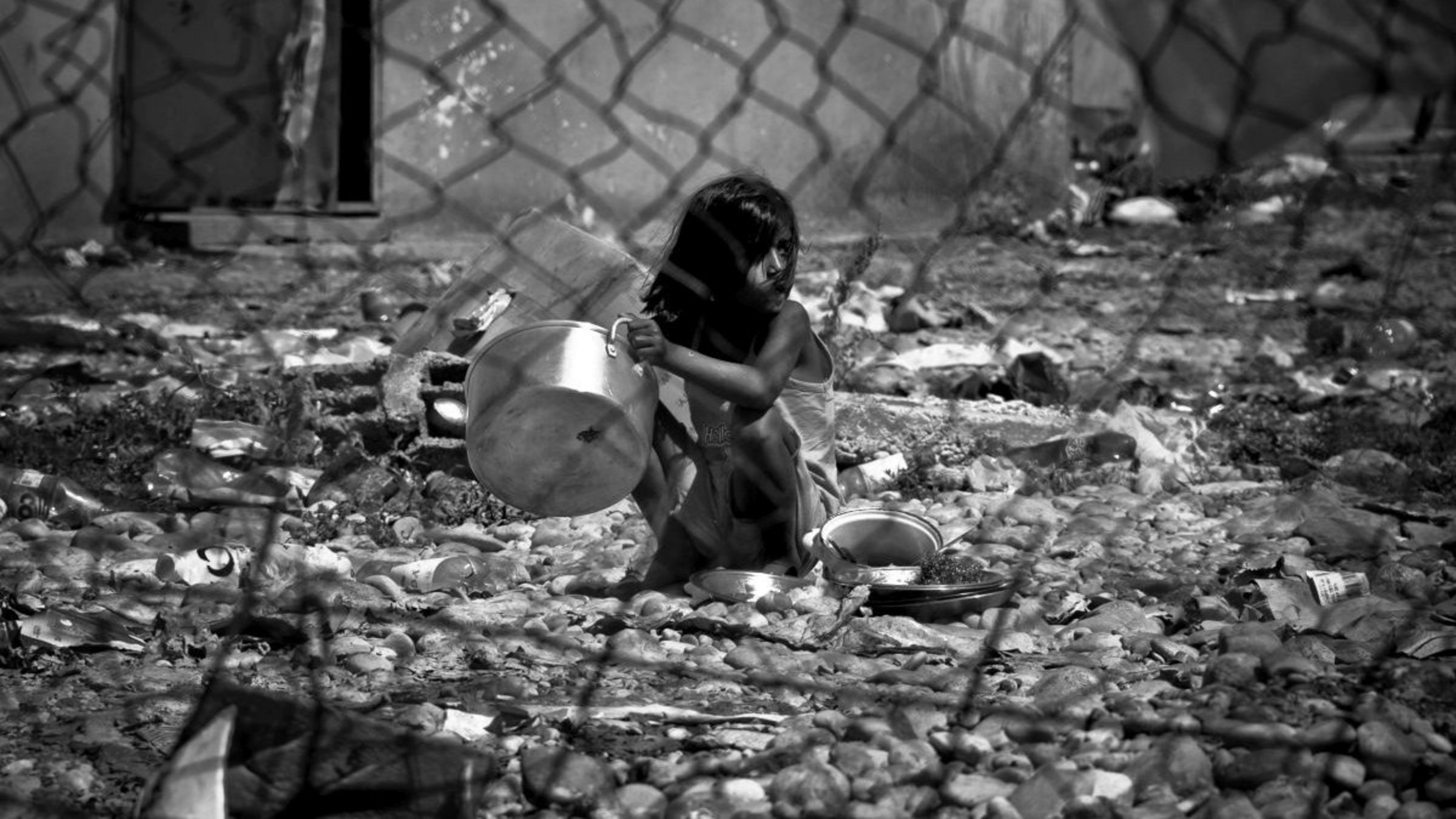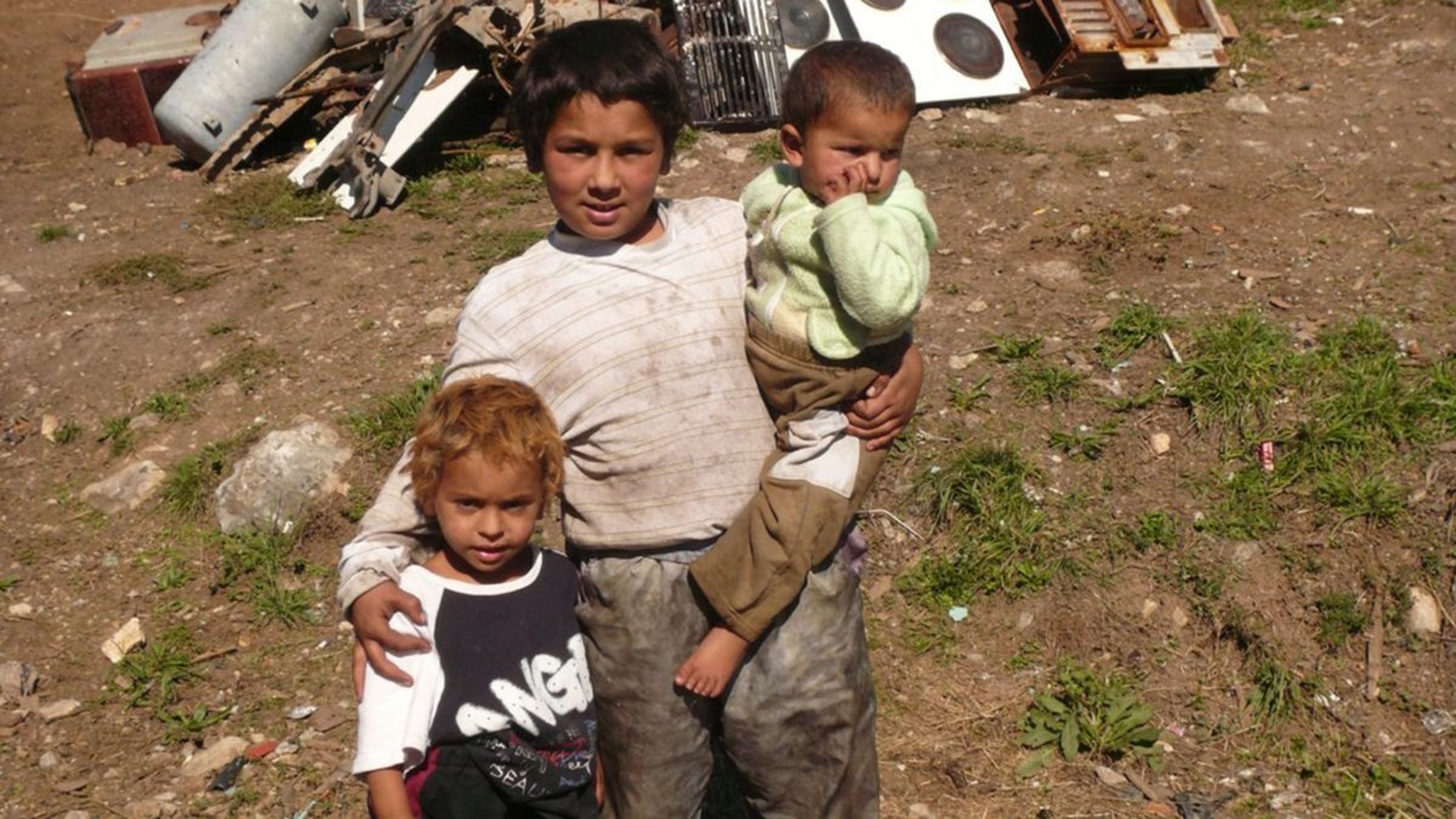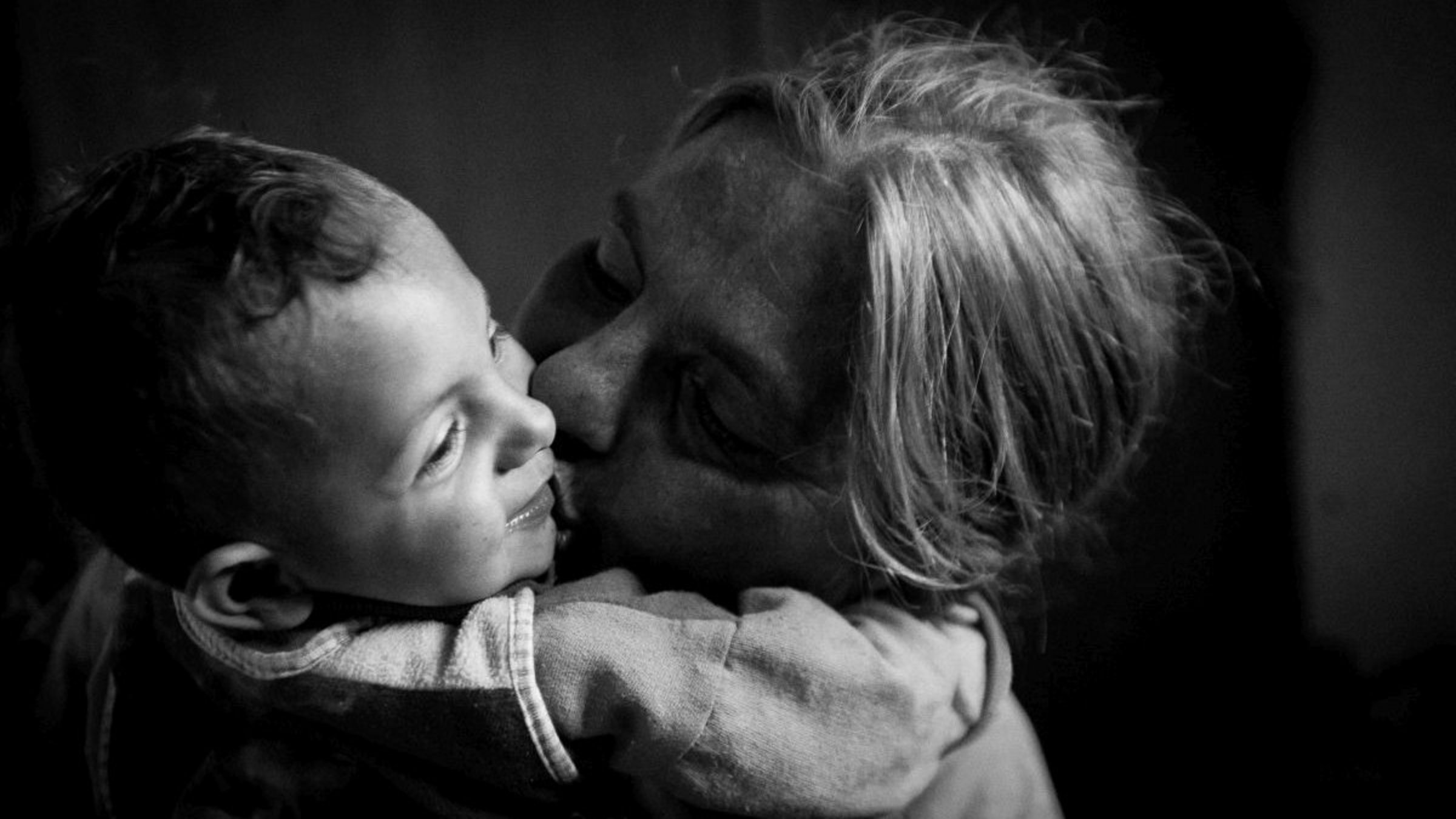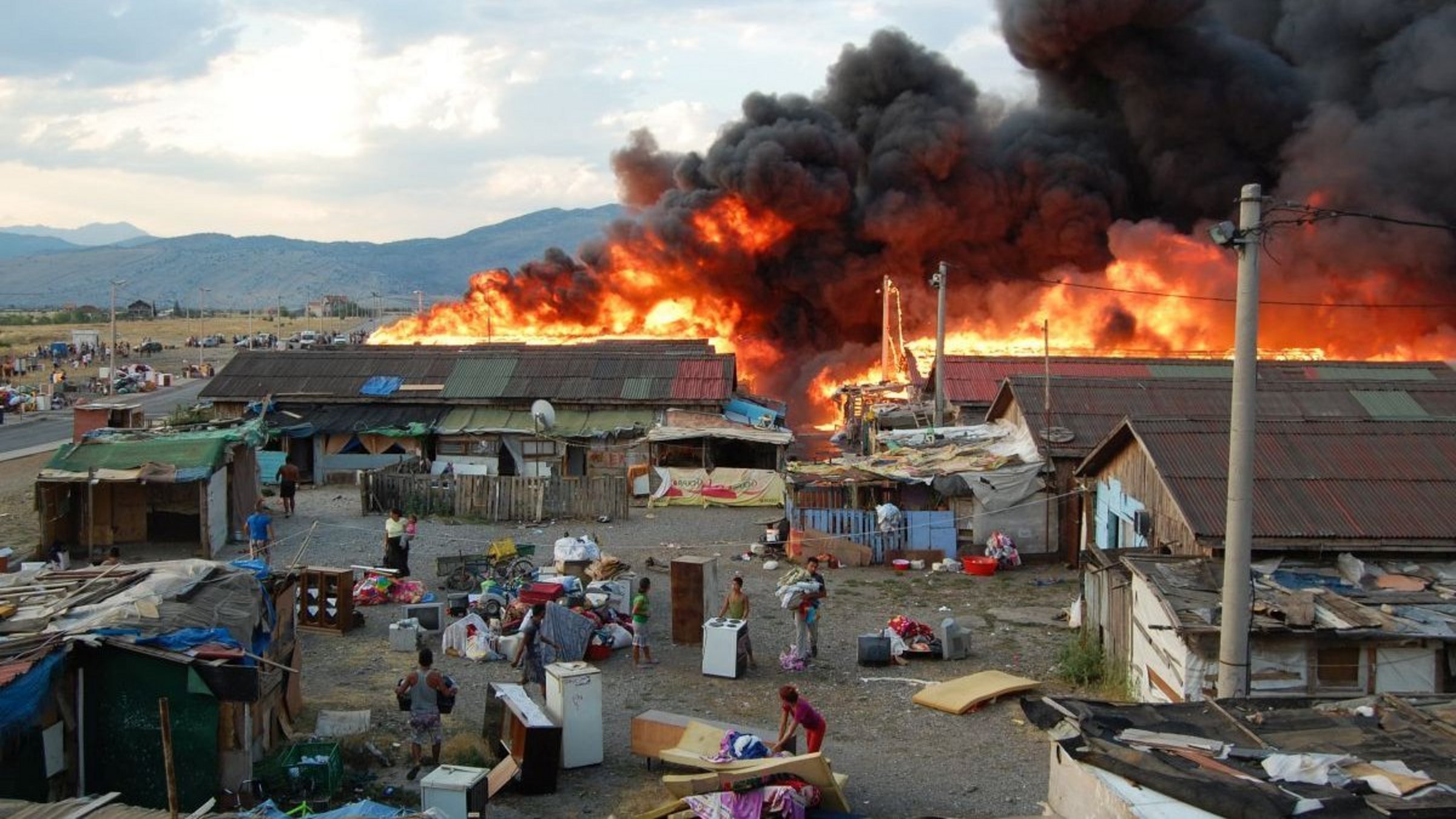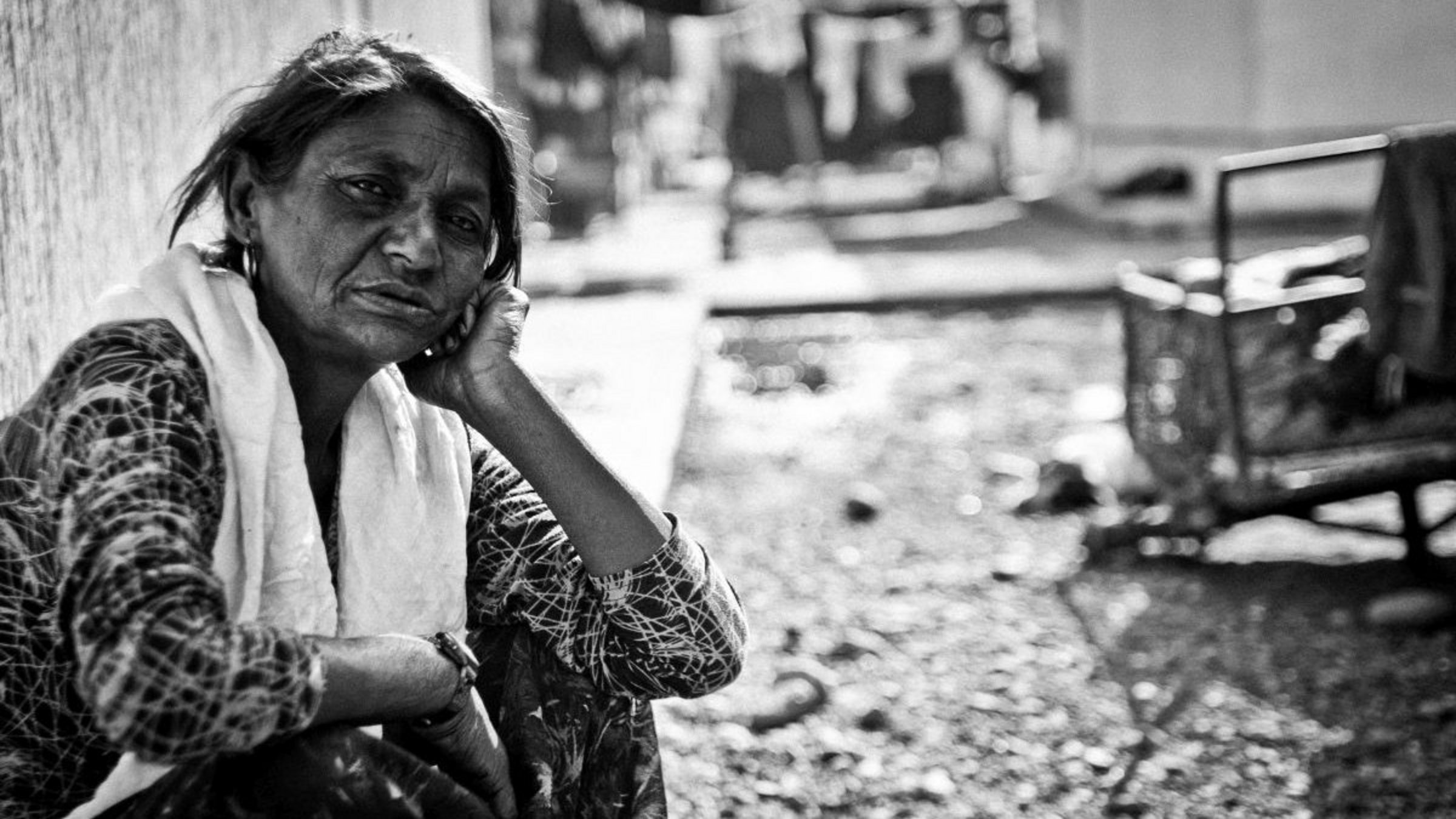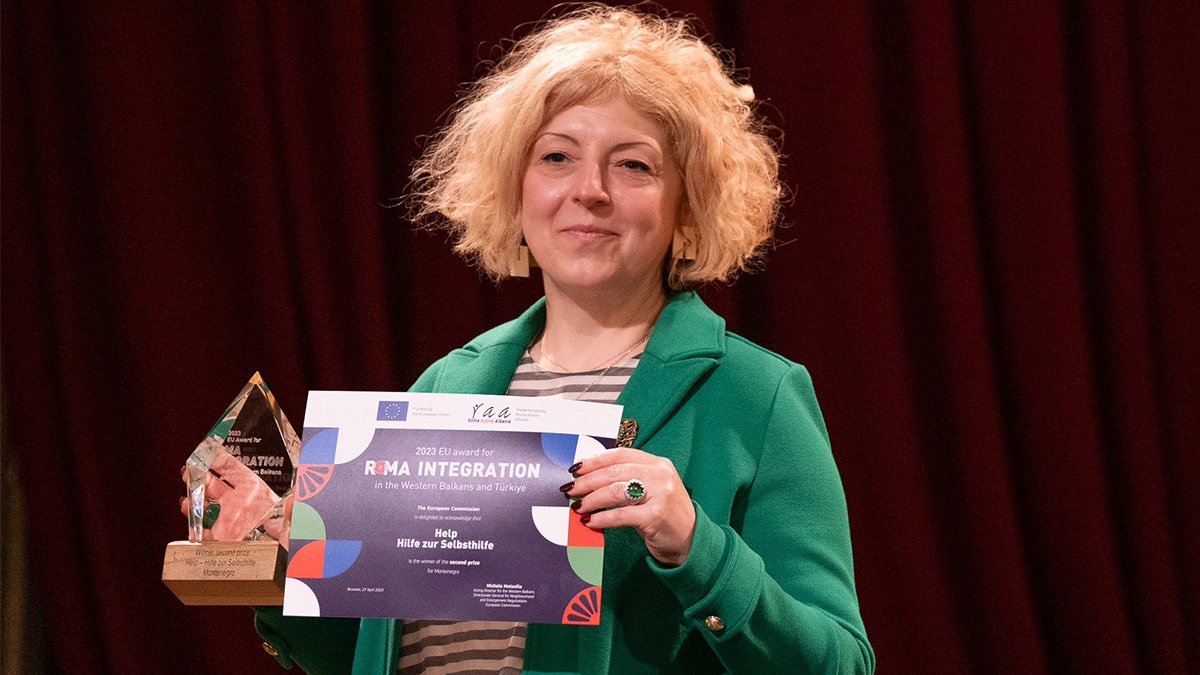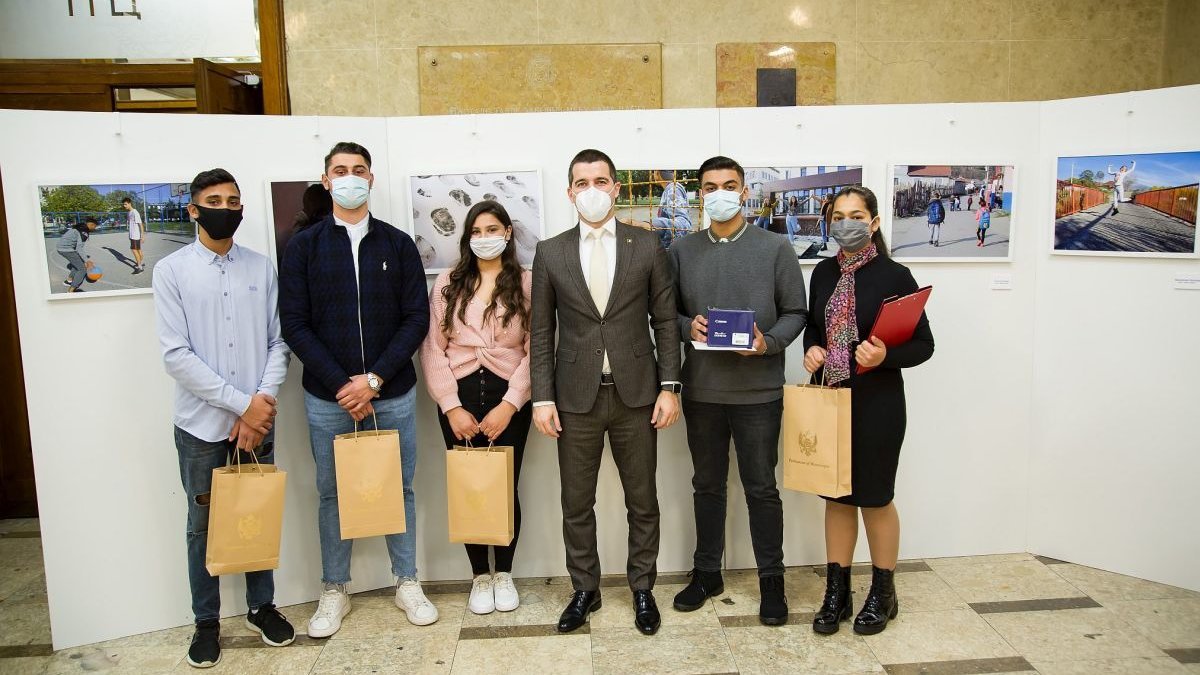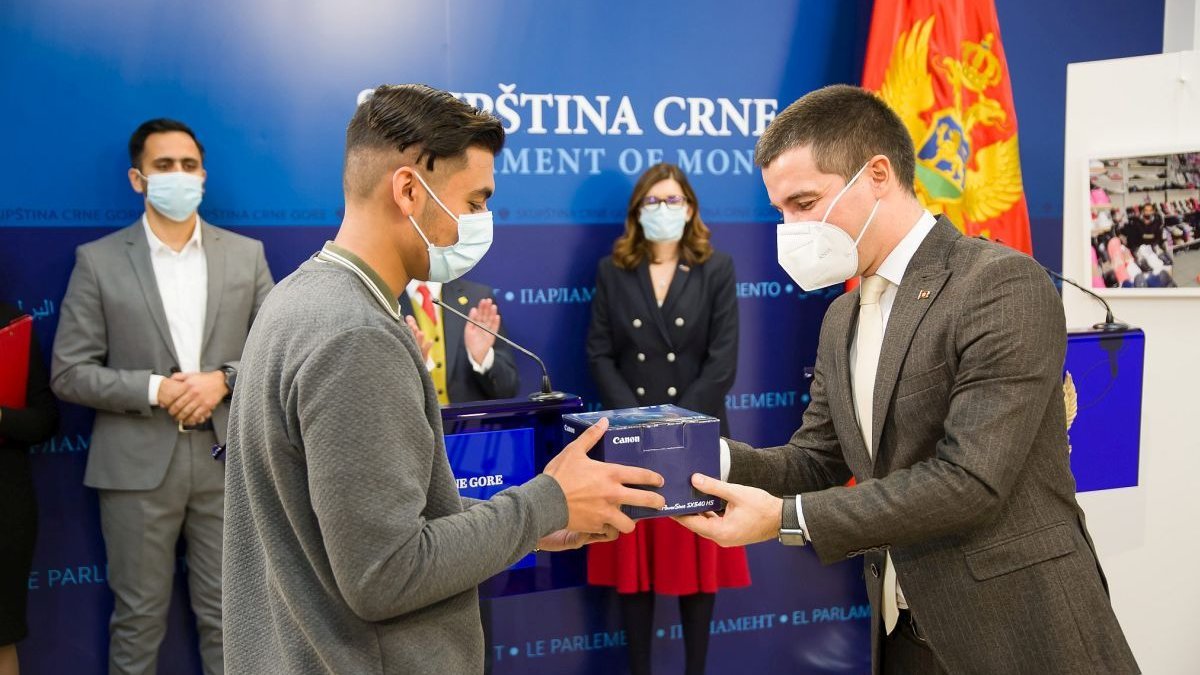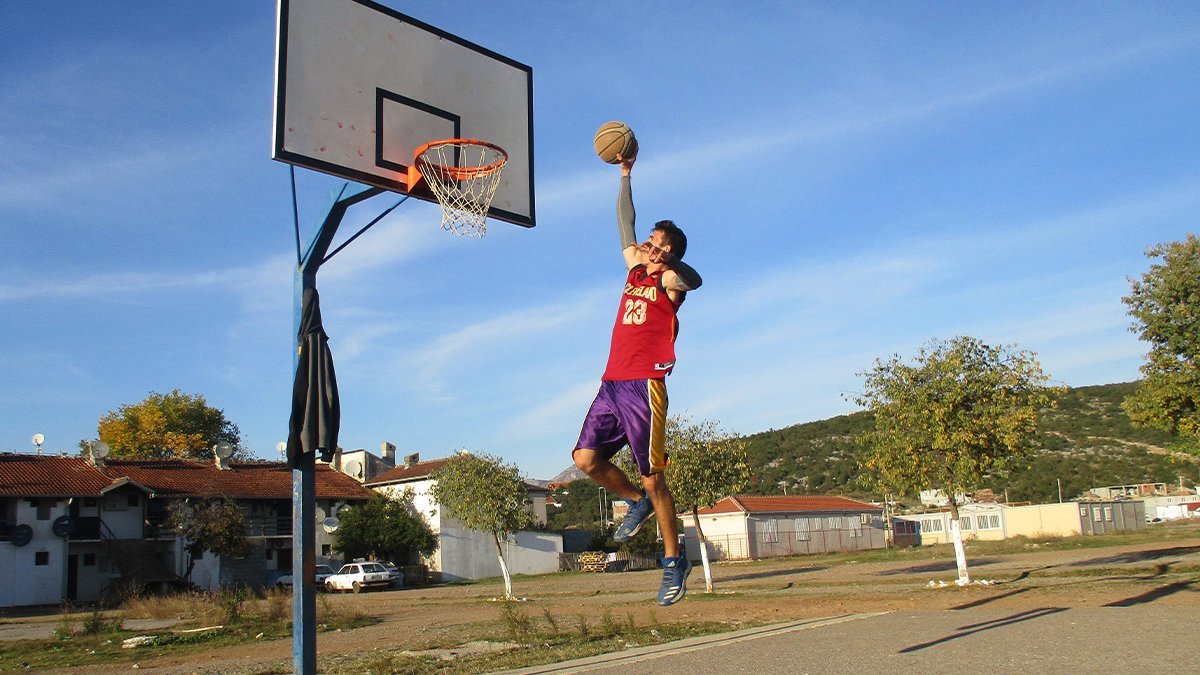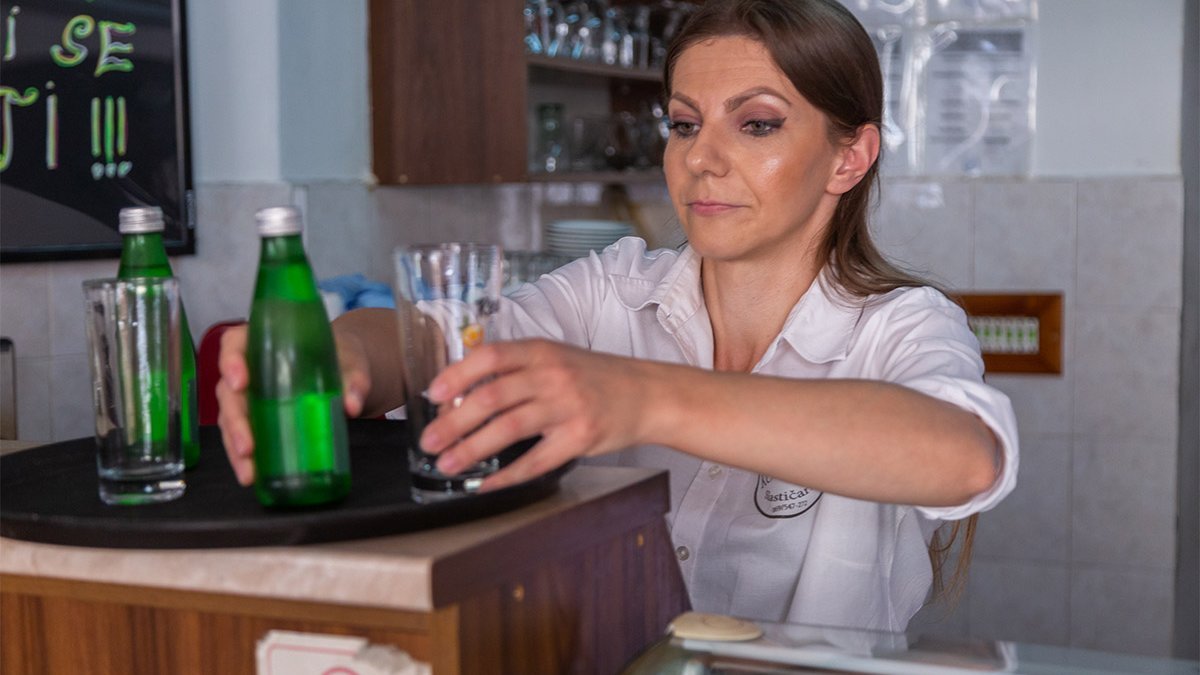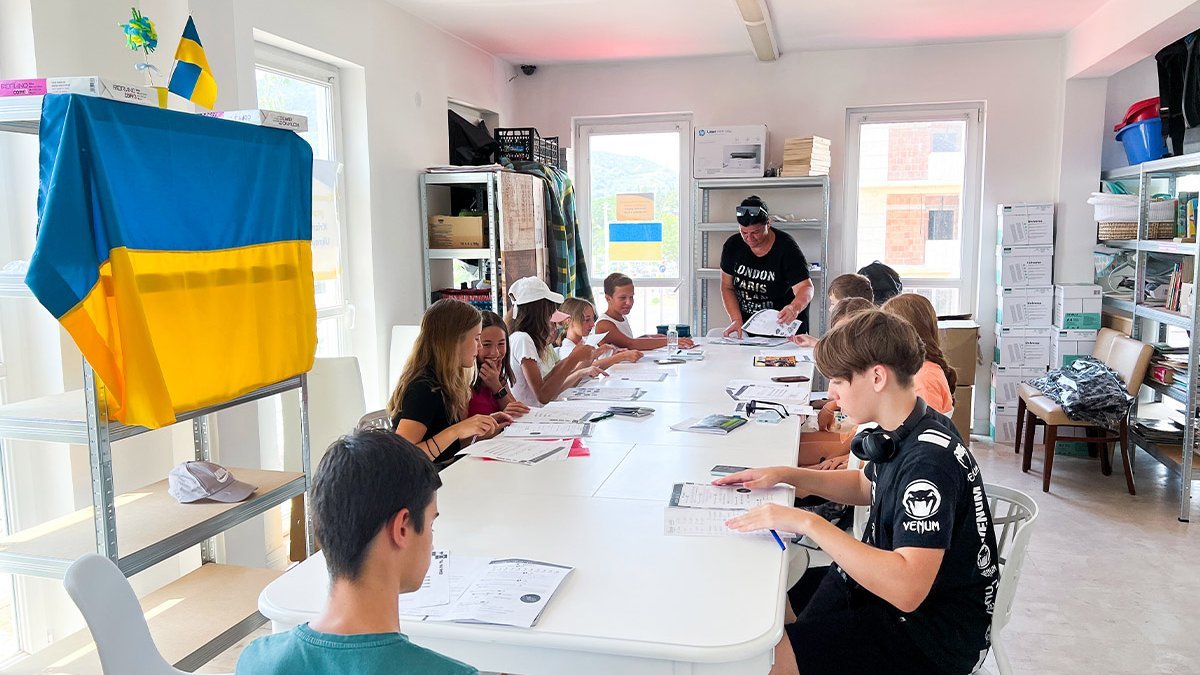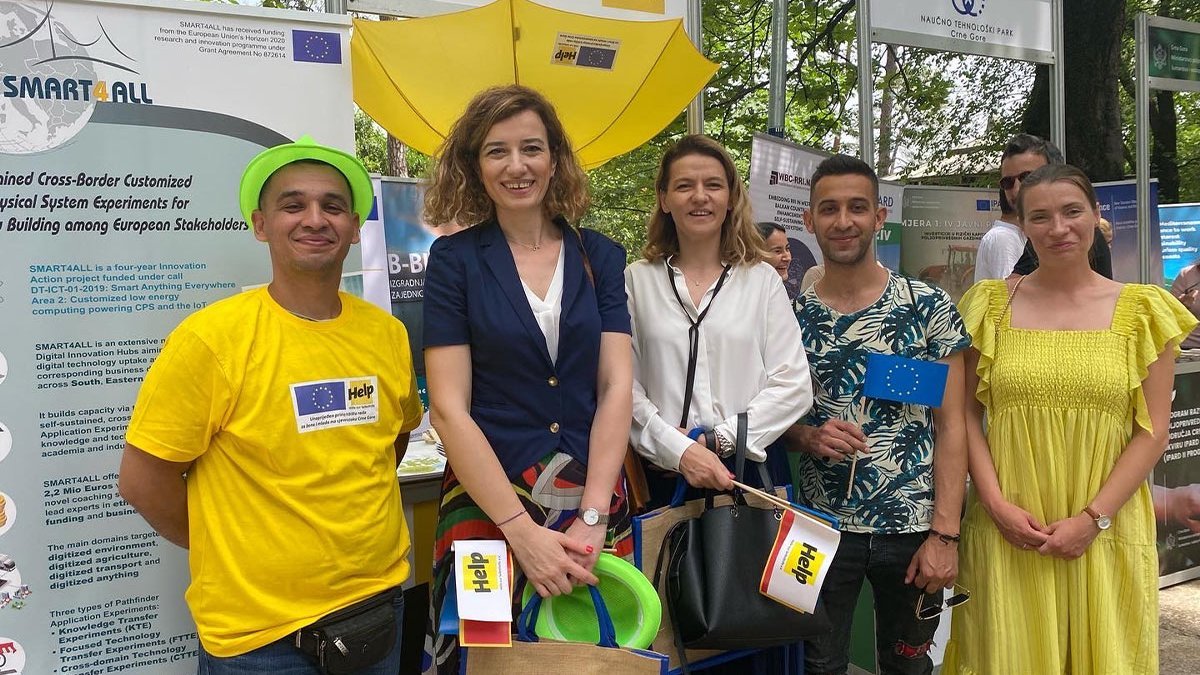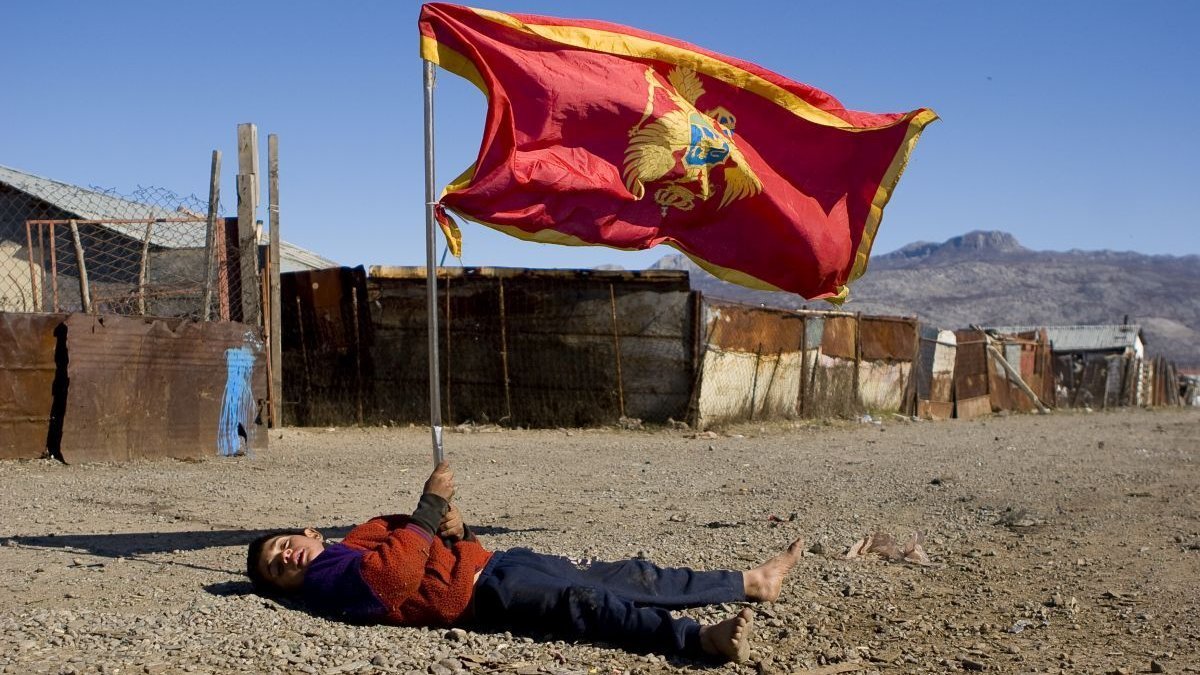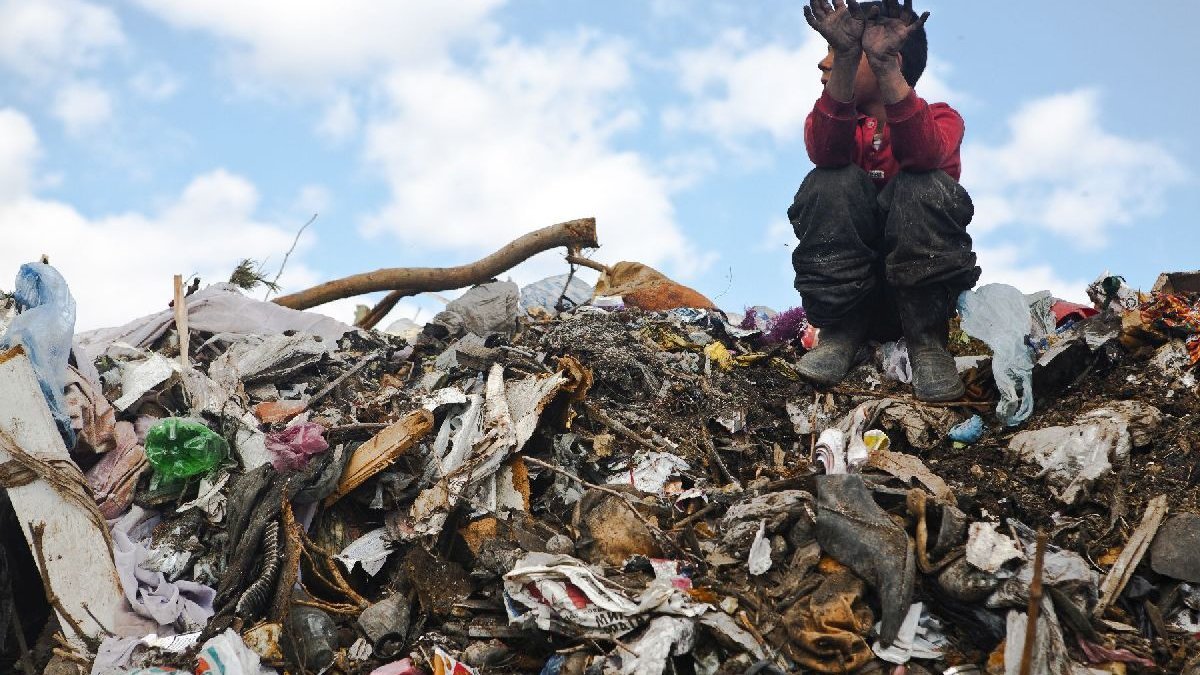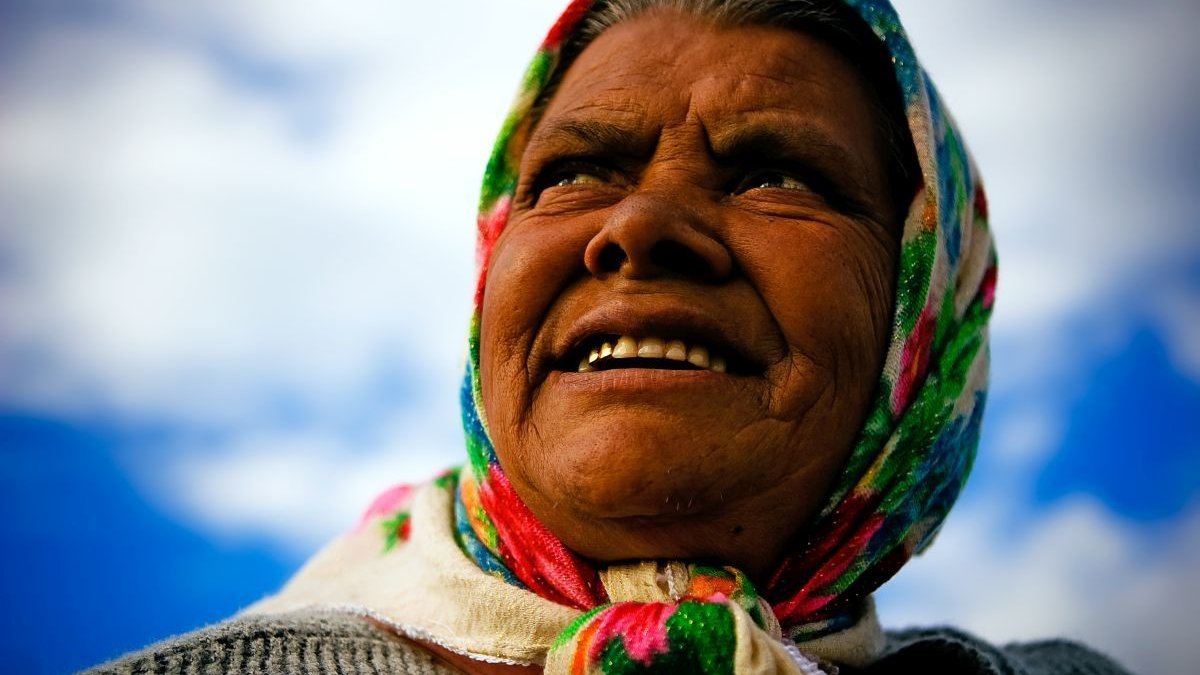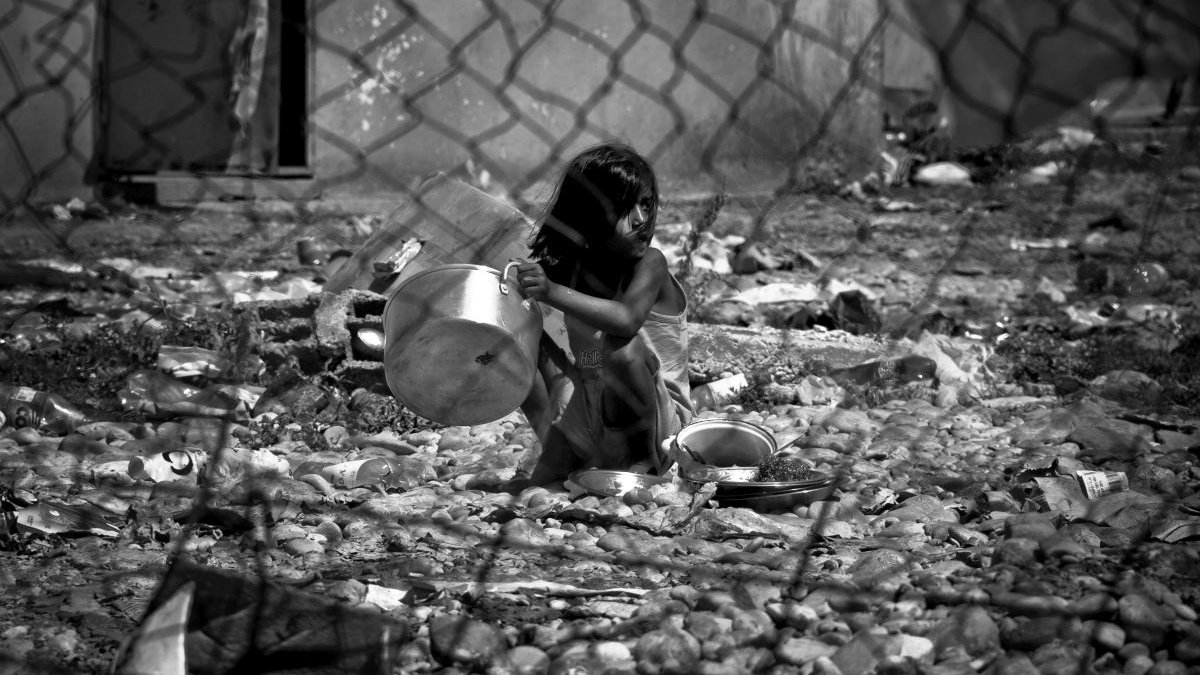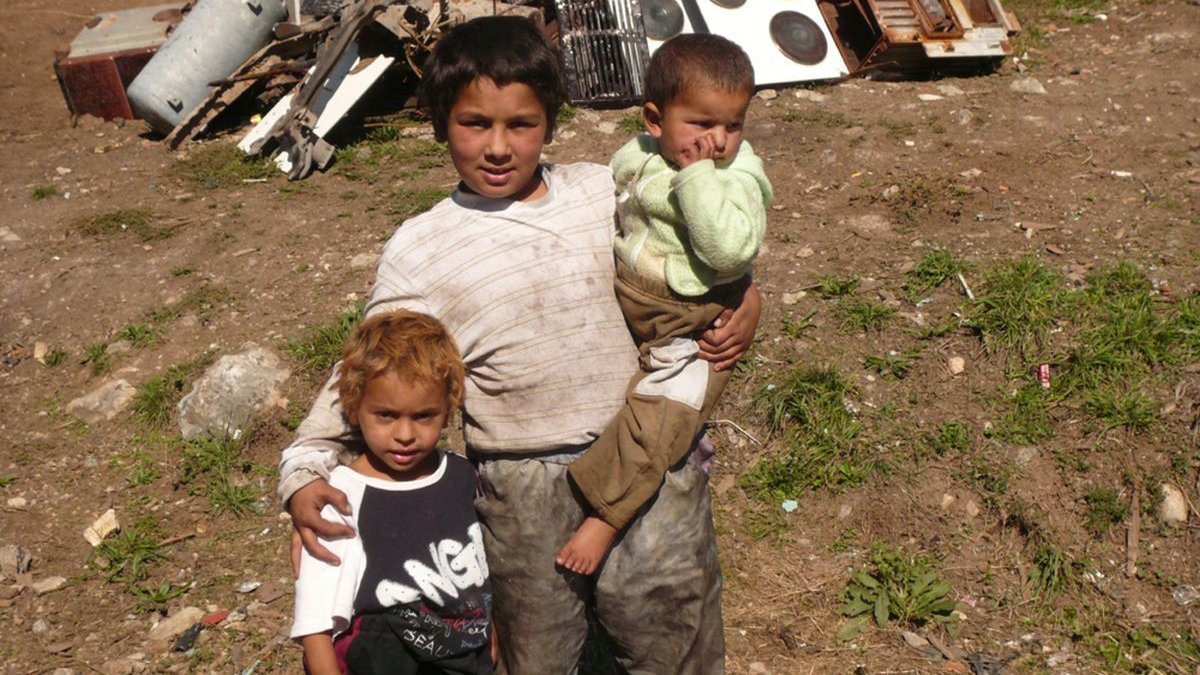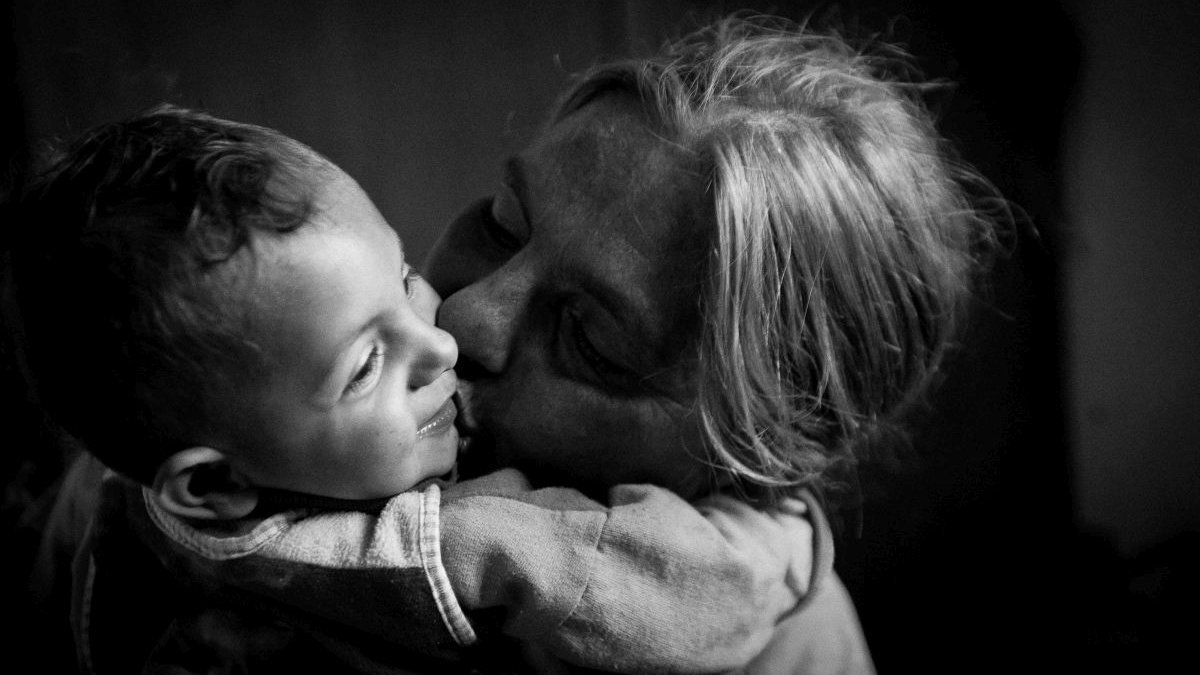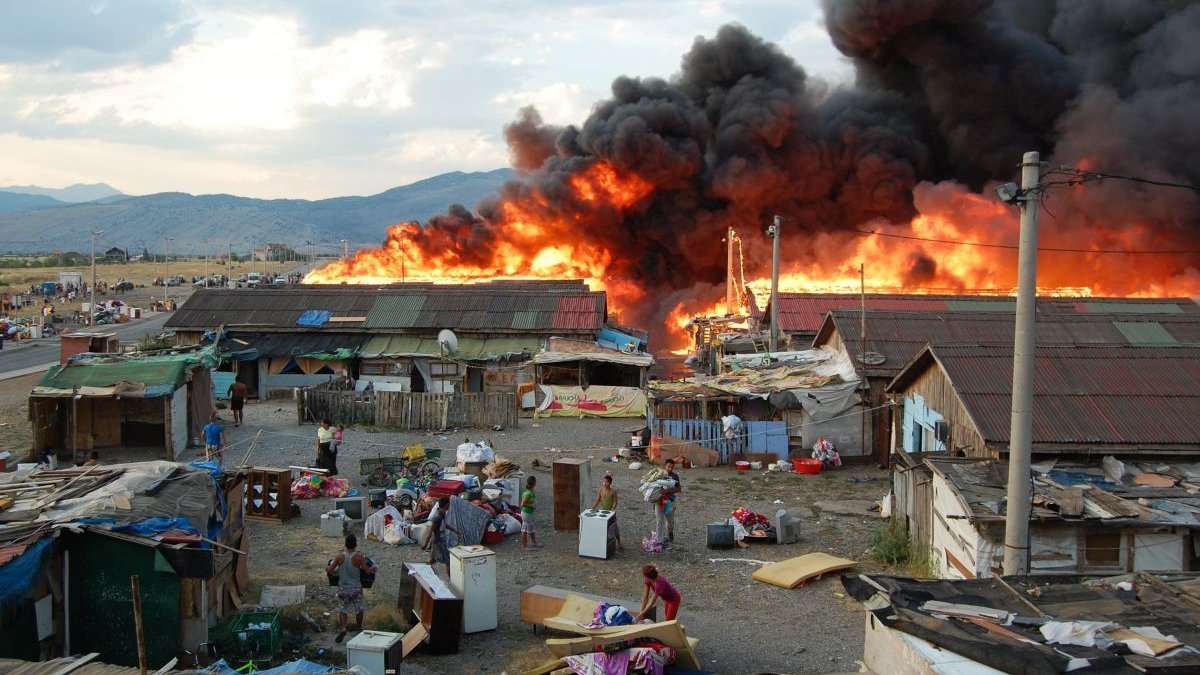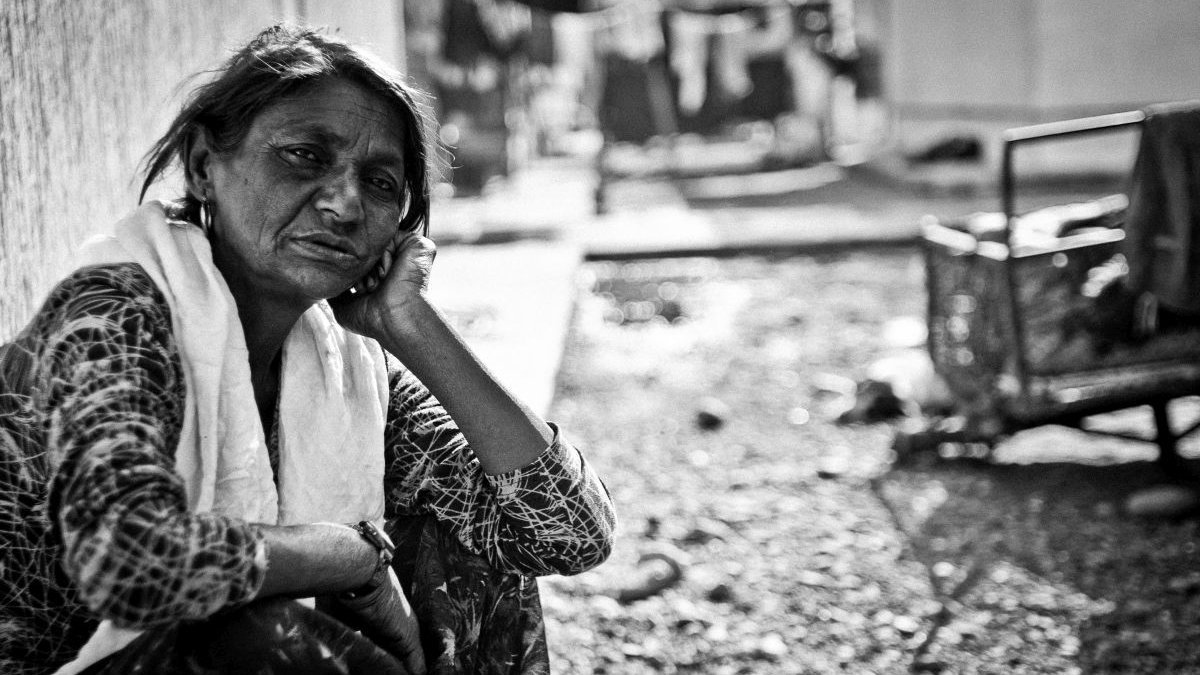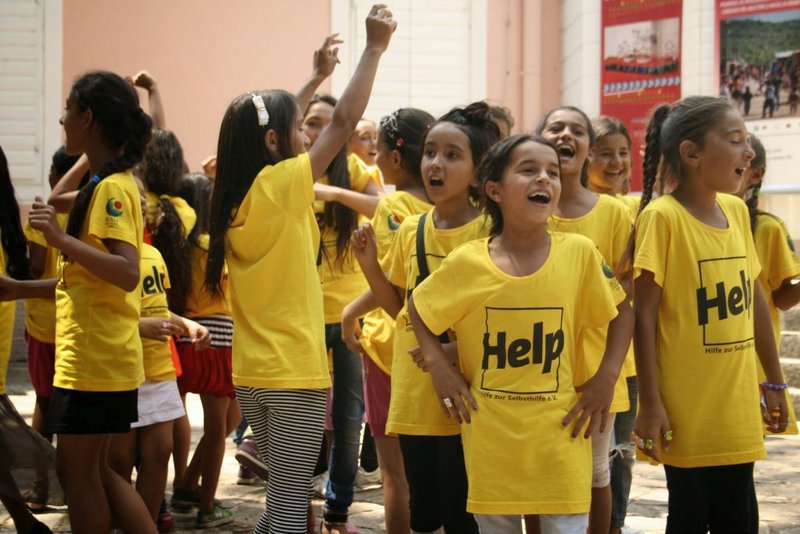Donate for Montenegro
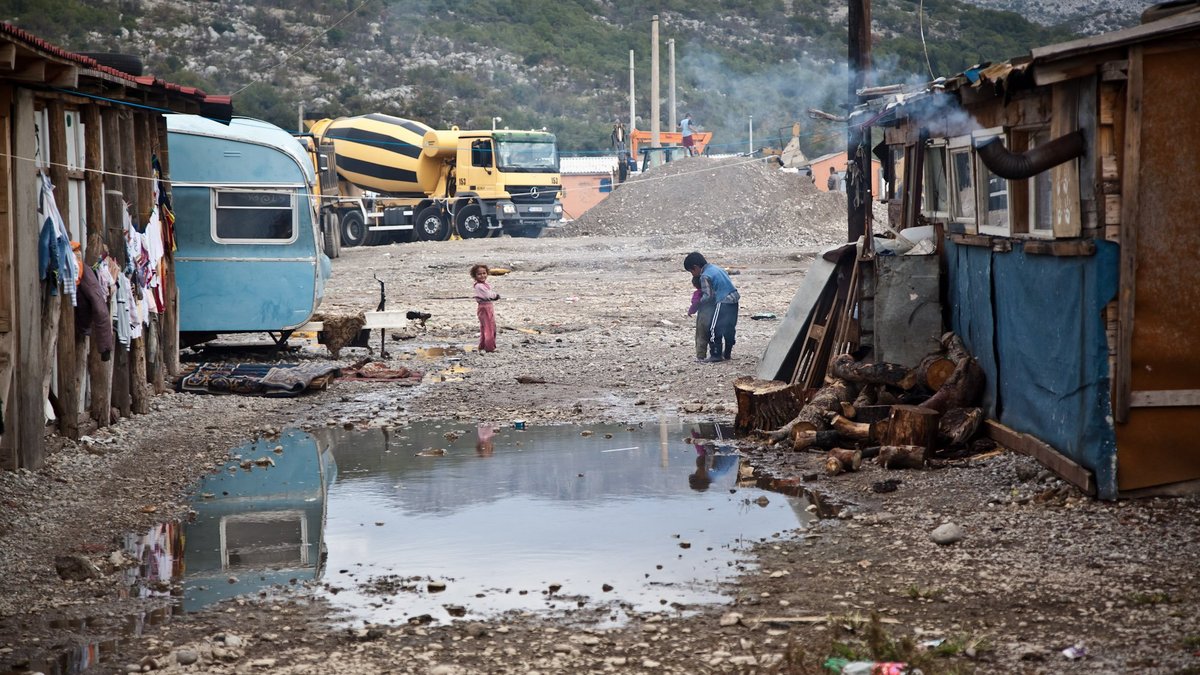
Help in Montenegro
In Montenegro, Help is committed to strengthening the rights of disadvantaged groups such as the Roma and enabling them to lead a self-determined and dignified life. We are also currently promoting the integration of Ukrainian refugees in the country.
How is Help providing support in Montenegro?
Sustainable help at eye level
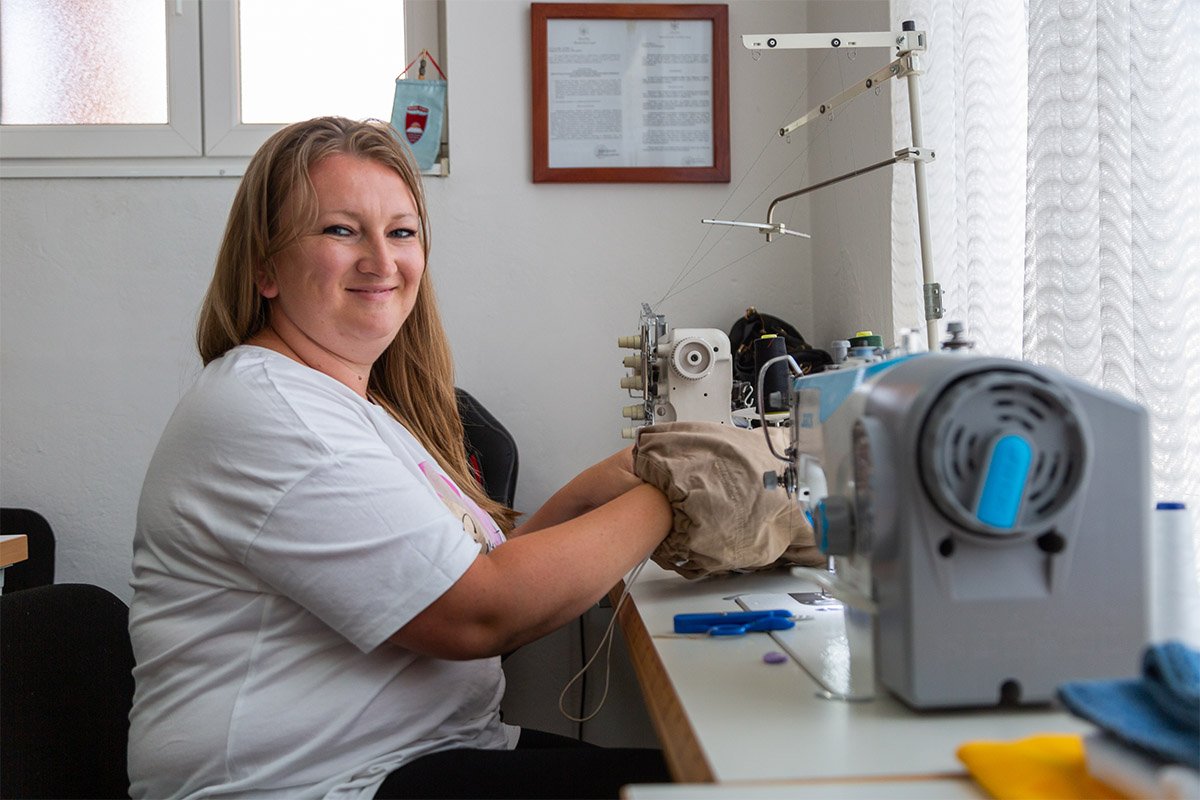
Help has been strengthening the socio-economic development of Montenegro since 1999. In particular, we are committed to enabling disadvantaged groups to live in dignity and promoting social integration. In doing so, Help pursues holistic approaches and works closely with municipalities, ministries and Rom:nja organizations.
Through joint events and workshops, we break down prejudices against Roma and qualify our participants for the job market. An important building block here is the system of Roma mediators introduced by Help in Montenegro. These mediators act as a link between the Roma communities and state authorities in Montenegro. There are Roma mediators for the areas of health, education, employment and social issues.
Help is also currently supporting the supply of food, medicine and clothing to refugees from Ukraine. To facilitate integration into the school system or the world of work, we also support language courses, day care for children and psychosocial support. We help some of the Ukrainian crisis centers with furniture and rent payments.
Donors: ADH (Aktion Deutschland Hilft), Ministry of Labor Montenegro, European Union, Bulgarian Development Aid, Government of Montenegro
You can find more information on the local website of Help in Montenegro.
What is the situation like in Montenegro?
A country with prospects – but not for everyone
![[Translate to English:] Für junge Rom:nja in Montenegro gibt es derzeit zu wenige Perspektiven. Ein Junge auf einem Fahrrad](/fileadmin/_processed_/0/7/csm_Montenegro-Fotowettbewerb_Enis-Zumberi_c477afd32f.jpg)
On June 3, 2006, Montenegro declared its independence from the State Union of Serbia and Montenegro following a referendum. The small country is now recognized worldwide under international law and has been accepted into numerous international organizations. Accession negotiations with the European Union are currently underway. The country is also making great economic progress – but not everyone is benefiting from this.
Montenegro is home to a wide variety of ethnic groups, of which the Roma and Sinti are among the most prominent. They still have to fight against prejudice and are often marginalized. Although they are guaranteed access to health services and education by law, they are often unable to exercise these rights due to their unclear residence status. The path to a regular professional life also remains blocked for many. According to the UNDP, only 18% of Roma aged 18-24 are in employment or apprenticeships – compared to 63% of the rest of the population. As a result, many families still live in extreme poverty despite Montenegro's economic upturn.
New job, new courage
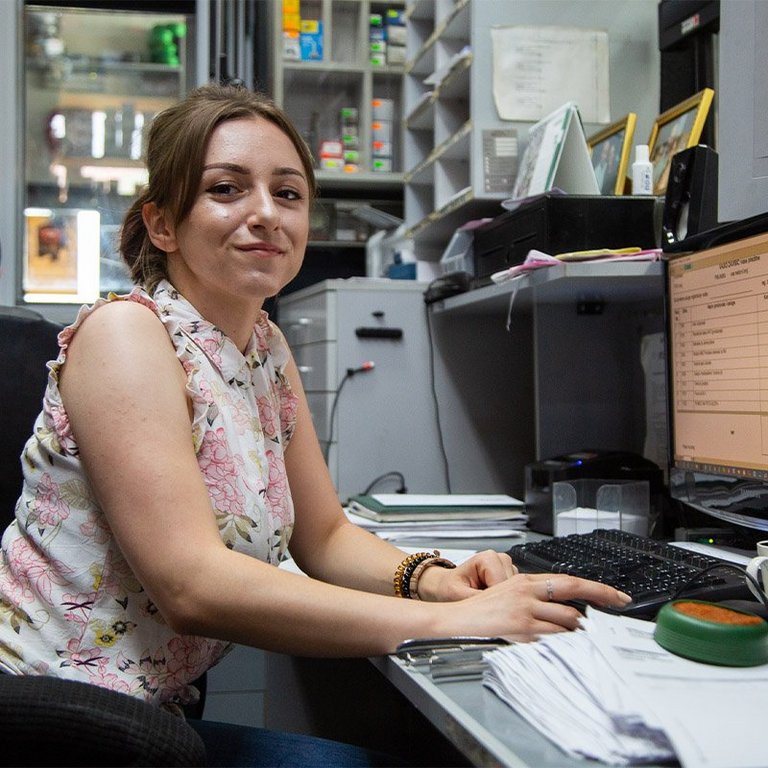
Lejla Erović, a 25-year-old single mother from Bijelo Polje, was able to find a job thanks to Help's training and mentoring program. After a long period of unemployment, the trained customs technician took part in Help's motivational workshops and found new courage. After six weeks of training, she was able to start as an accounting assistant at a car repair service and now looks to the future with hope.
„Ich glaube, ich habe meinen Traumberuf gefunden. Es ist der erste Job, der mir gefällt. Jetzt möchte ich meine Fähigkeiten in diesem Beruf so weit wie möglich verbessern, um wirklich gut darin zu werden.“
Lejla Erović, 25-year-old single mother

